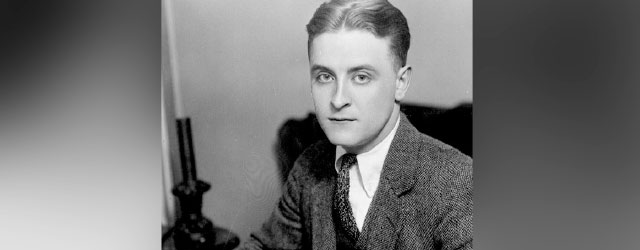By Sabina Clarke
Edited by Andrew Turnbull
Charles Scribner’s Sons
1963
Reading the letters of F Scott Fitzgerald is like eavesdropping on a private conversation as the unseen listener where nothing is censored except a reference here and there to an individual that might offend.
Fitzgerald’s letters offer a highly intimate unguarded glimpse into his personal life and relationships and reveal his deep bond with his only child his daughter ‘Scottie’ whom he sometimes addresses as ‘Pie’ and in a more playful vein ‘Scottina’ and his constant fretting over her academic achievements, her social life and her overall well-being.
The letters span from 1933 to his untimely death from a heart attack in 1940 at the age of 44. The brevity of his life make them invaluable.
Also included are his letters to his troubled wife the former Zelda Sayre who was institutionalized during this time and to his brilliant and loyal editor Maxwell Perkins and his letters to Ernest Hemingway and to his literary agent Harold Ober and his dear friends from his Paris days Gerald and Sara Murphy.
A chapter titled ‘Miscellaneous Letters’ covers a gamut of professional friends and acquaintances and famous people in the Arts such as the actress Helen Hayes, the writers Thomas Wolfe, S.J.Perleman and H.L. Mencken.
In a letter to Scottie whom he calls ‘Pie” at boarding school dated March 1938: Dearest Pie, I am glad you got 74. If you had gotten that the first term, we’d have something to start on now. A letter came at the same time from Miss Walker, in which she referred to “your low position in the class.” Of course that is not at all what you implied to me when I saw you in January, and I do wish you would be more accurate. To suggest a state of affairs that doesn’t exist merely stalls off the final reckoning.
In what is proves to be the most revealing letter to his daughter Scottie about his life with Zelda he confronts the mistake he made in marrying Zelda and its impact on his career: I have spent most of my resources spiritual and material on her but I struggled on for five year until my health collapsed and all I cared about was drink and forgetting. The mistake I made was in marrying her. We belonged to two different worlds—she might have been happy with a kind simple man in a southern garden. She didn’t have the strength for the big stage…..She was soft when she should have been hard and hard when she should have been yielding. She tried to atone for it by working herself but it was too late and she broke and is broken forever.
He expresses his fear that Scottie may wind up being an idle rich society girl like her mother: She never knew how to use her energy—she has passed that failing on to you. I never wanted to see again in this world women who were brought up as idlers. And one of my chief desires in life was to keep you from being that kind of person, one who brings ruin to themselves and others.
Despite his regret at marrying Zelda, Fitzgerald was warm and comforting to her in his letters. Often he fell on hard times financially and this is expressed in the following letter to Zelda dated October 1939: I am almost penniless-I’ve done stories for Esquire because I have had no time for anything else with $100 bank balances. You will remember it took me six weeks to get the mood of a Saturday Evening Post story…as I wrote you-or did I?-friends sent Scottie back to college. There is still two hundred dollars owing on her tuition-and I think I’ll find it somewhere….Your life has been a disappointment as has mine been too. But we haven’t gone through this sweat for nothing. Scottie has got to survive and this is the most important year of her life. ….With dearest love always, Scott.
One year later F Scott Fitzgerald was dead from a heart attack. Only 30 people attended his burial in a Los Angeles funeral parlor–among them his editor Maxwell Perkins who had a deep sympathy for his personal demons and supported him tirelessly throughout his career.
Paying tribute, his old friend Dorothy Parker murmured “The poor son of a bitch” quoting Jay Gatsby from Fitzgerald’s landmark novel The Great Gatsby.
His reputation had receded, his work was largely forgotten. He was relegated to writing for magazines and the random Hollywood scripts losing artistic control and dealing with temperamental screenwriters, actors and directors. His genius squandered. Left to die in a city that he loathed.

